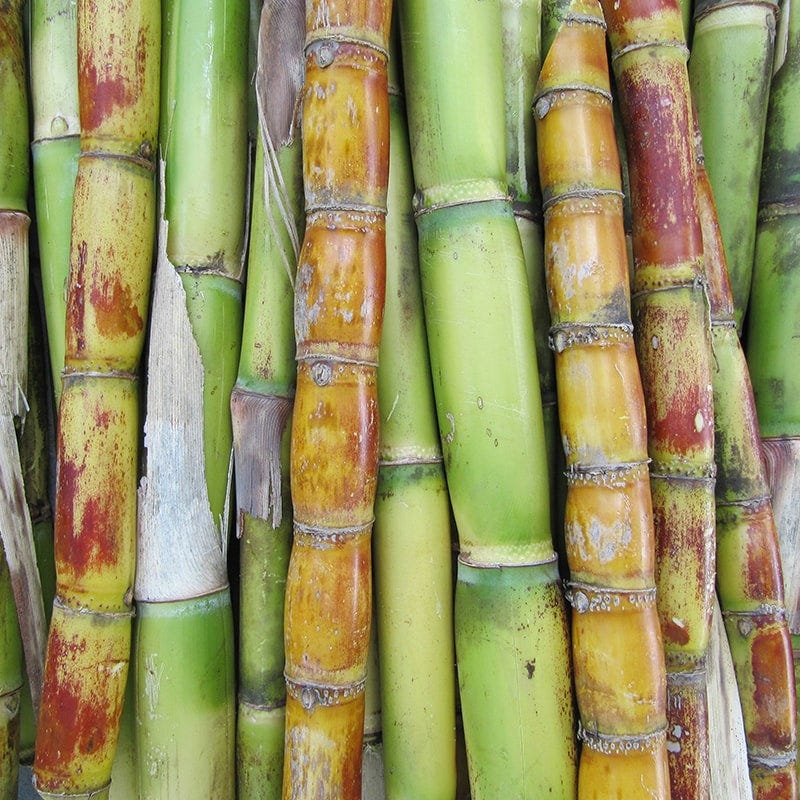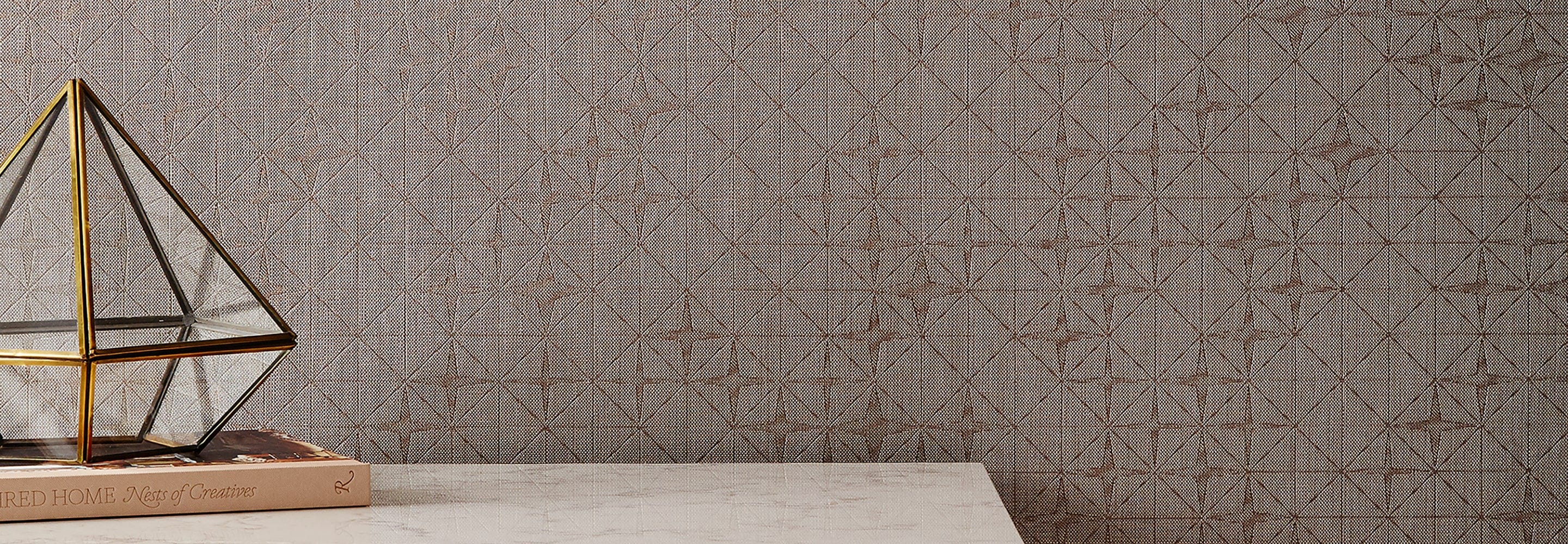You don’t become a pioneer by accident. You work at it -- really hard -- every day. You are guided by your core business values and stay focused on why you do it.
That’s the story behind Xorel and most definitely the story behind Biobased Xorel.
In the world of commercial interior design, it is difficult for anyone to create an original product and even more difficult to improve on an original. Xorel is an original. Launched in 1981, it was the first textile that addressed long-term issues of maintenance and safety in commercial interiors. Xorel defined the category of high performance textiles and set the benchmark for performance in demanding environments.
In Our Nature
Carnegie founder Bob Goldman created Xorel, and while we have developed many successful textiles over our 7 decade history, the genesis, evolution and improvement of Xorel is a testament to our nature as a company always seeking progress. During the early years of Xorel we learned a great deal about the dangers of PVC (vinyl) products, in their composition, use and disposal. Despite its sales domination of the wallcovering industry, Carnegie made a commitment in the mid 1980’s to become a PVC-free company. Today nearly 40 years later, we remain the only interior finishes company to be declared PVC-free. We have devoted a great deal of research and development towards PVC replacement technology.


Going from a negative to a positive environmental impact
Xorel was the first textile to achieve C2C certification at the Silver level in 2007. It has the highest indoor air quality rating achievable in the market. We have a “responsible return” program for Xorel that enables us to help close the loop. While Xorel was already one of the best products in the interiors market, we knew that more was possible.
Plant based Xorel Production
Woven from 100% solution dyed polyethylene yarns, Xorel has always been free of chlorine, plasticizers, heavy metals , toxic dues and ozone depleting chemicals. Polyethylene is basically hydrogen, carbon color and UV stabilizers. It is inherently stain resistant, antimicrobial, durable, non absorbent and easily cleaned. The only downside was an environmental one, the material to produce it originally came from natural gas - a nonrenewable resource. The derivation of polyethylene yarn from plant-based resources instead of fossil fuels would insure our product had a significantly reduced carbon footprint.
In 2006, the future was bright in biobased polymers, and we began research on creating a yarn that would meet the high bar of Xorel performance in a plant based fiber. In 2013, Biobased Xorel was introduced with no tradeoff in performance or increased price for enhanced sustainability.


Sweet Sustainability
Biobased Xorel continues to be made from polyethylene, it is identical to petroleum-based Xorel on a molecular level, but the energy resource is actually the sugarcane plant.
The sugarcane plant has tremendous attributes. It has a much higher yield than corn per acre and for every unit of sugar cane based material , it makes 9.5 units of renewable energy, versus corn which results in 1.4 units of energy.
Unlike many materials made from corn, sugarcane does not require genetic modification. Growing sugarcane only takes 1% of arable land in Brazil, not taking away land from valuable food source production or the rainforest.
A majority of plant-based content = a significantly lower environmental footprint
Sugar cane production has lower carbon emission rates, compared even with beet or corn production and many other biobased resources. The growth of the sugar cane plant naturally captures carbon dioxide; for every ton of sugarcane used to produce Biobased xorel, 2.5 tons of carbon is captured and sequestered.
Biobased Xorel has a remarkable bio content, between 60-85%, when the U.S. Government typically requires only 25% for the product to be labeled biobased.
Sustainability Highlights


- Sourced from rapidly renewable sugarcane plant, instead of fossil fuels
- High level biobased content of 60-85% (US Govt. requires only 25% for biobased label)
- 2.5 tons of carbon capture
for every 1 ton of raw material produced - For every 1 unit of sugarcane-based material, it makes 9 ½ units of renewable energy, as opposed to corn, which results in 1.4 units of energy.
- Achieve points in multiple LEED categories –Rapidly Renewable, Indoor Air Quality, Material Transparency and Material Optimization
- No added finishes
Net Effect
Every 200 yards of Biobased Xorel used offsets the same amount of carbon dioxide as an acre of trees
Every 100 yards of Biobased Xorel used saves emissions equivalent of driving a car 580 miles
Certifications that Count
Biobased Xorel is simply the most unique textile product in our industry from an aesthetic, performance and sustainability standpoint. Biobased Xorel remains the first and only biobased textile to earn Cradle to Cradle Gold and Living Product Challenge certification.
Completely vetted through third party certifications, (link to third part cert page) as the manufacturer of Xorel, we have led the charge on sustainability and transparency with over 10 certifications and endorsements.
Certifications
- Cradle to Cradle
- Living Product Challenge Certification
- Platinum level Material Health Certificate
- Declare label
- FACTS Certified : Xorel is FACTS Silver Certified and Biobased Xorel is FACTS Gold Certified.
- SCS Indoor Advantage - Gold Certification
- USDA BioPreferred
- Vincotte Certified - Levels 3 & 4
Endorsements
- CE Marking
- GreenSpec Listed
- CHPS - Collaborative in High-Performance Schools
Sustainable from the Start
A focus on sustainability has been a core guiding principle for Carnegie from the beginning. We continue to look for ways to reduce the negative impact of actions (ours and the industry’s) on the environment. We continually measure our entire company against the highest corporate standards for sustainability, social fairness and employee benefit. We’ve been recognized as a Certified B Corp since 2014 and named one of the “Best for the World” in the environmental category in both 2018 and 2019.


